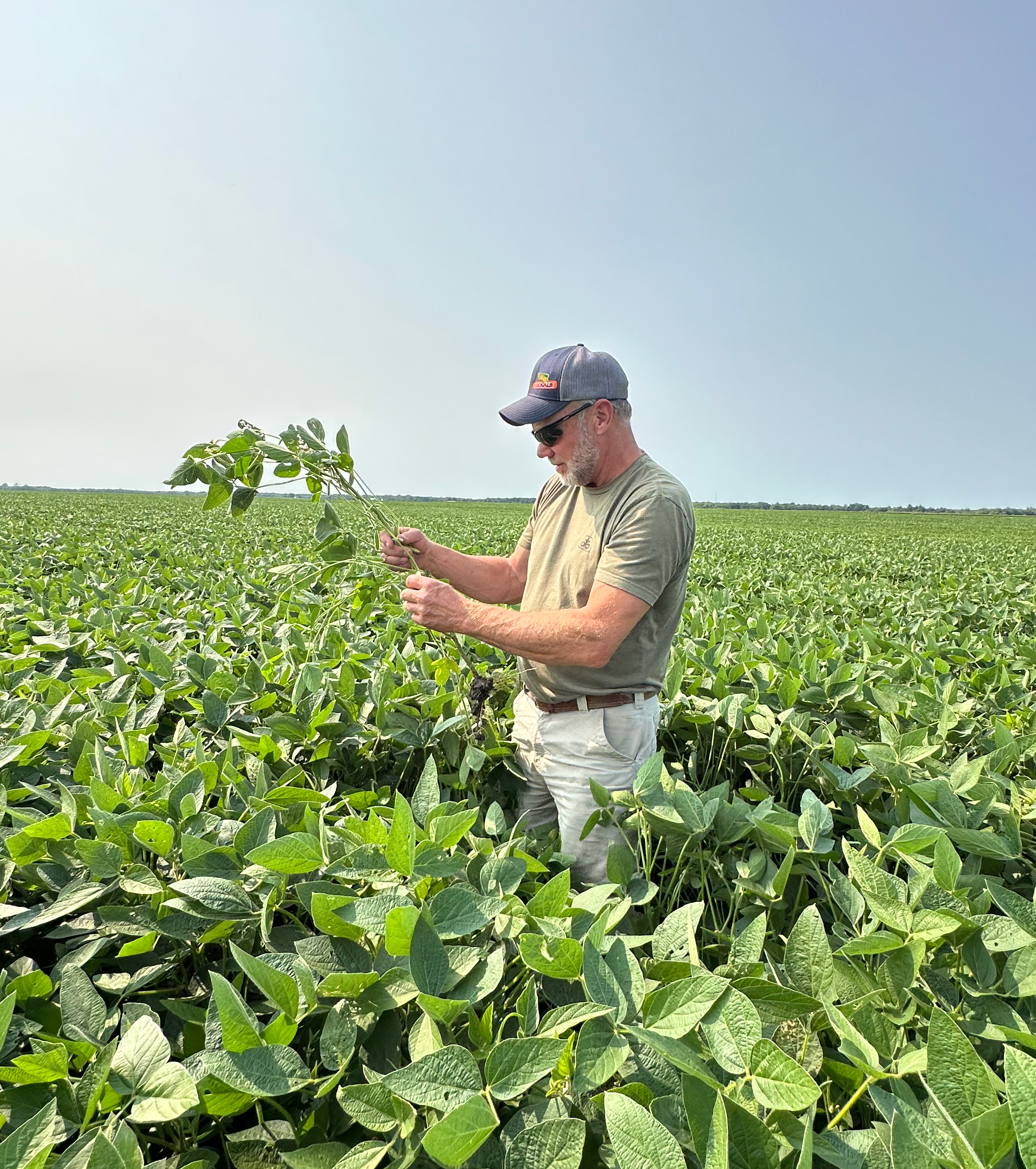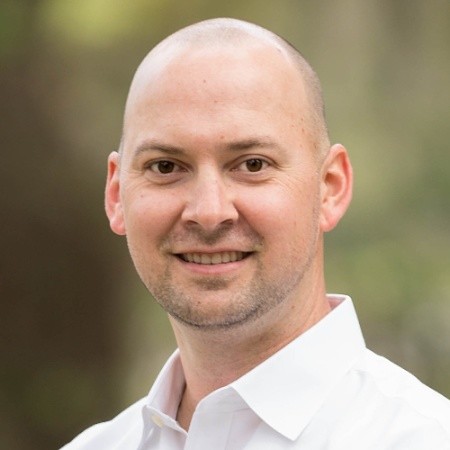SSGA tabs Severs as chair; reelects board members
The Specialty Soya and Grains Alliance (SSGA) reelected three board of directors and elected officers Tuesday during its annual meeting in Minneapolis. Jordan Atchison of Puris, Eric Kresin of Scoular and Bob Sinner of SB&B Foods, Inc. were reelected.
Bryan Severs, an Illinois farmer representing the Illinois Soybean Association, was tabbed to chair SSGA.
“I really appreciate everybody’s vote and confidence to do the job,” Severs said. “I hope I can help further advance the goals of SSGA.”
 Severs, who raises soybeans, corn and cattle in Vermillion County, is a third-generation producer who joined SSGA’s board in 2024 and was active in the hiring search that brought Executive Director Randy Duckworth into the fold.
Severs, who raises soybeans, corn and cattle in Vermillion County, is a third-generation producer who joined SSGA’s board in 2024 and was active in the hiring search that brought Executive Director Randy Duckworth into the fold.
“I’m looking forward to leading this organization into the future,” Severs said. “We’re excited to work with our international buyers and tackle transportation issues alongside our new executive director and new board members.”
Jake Noll of Richland IFC was elected as SSGA vice-chair, while Atchison was elected as the organization’s secretary/treasurer.
“I’m honored to be elected as vice chair of SSGA,” said Noll. “I look forward to working with the board and advancing SSGA’s mission and priorities over the next year.”
Atchison said he’s excited to keep SSGA moving in a positive direction.
“I have enjoyed the first six months working with the SSGA board and staff and look forward to an enhanced role within the organization,” said Atchison, who was elected to the SSGA board in summer 2024 to fill a vacancy. “I feel honored to be nominated and elected by my fellow board members as the secretary/treasurer.”
SSGA also honored outgoing Director Darwin Rader, who retired from his role at Zeeland Farm Services at the end of 2024.
“This organization has a great group of people passionate about this business so I know they will all do well under Randy’s leadership,” Rader said. “And like every great organization, they’re only great if they have great people, which SSGA does.”
Curt Petrich of HC International was elected by the board to finish the remaining year of Rader’s term. Petrich previously served as SSGA chair from 2019-20.
SSGA’s other board directors include Chuck Kunisch of Michigan Agricultural Commodities and Gail Donkers representing the Minnesota Soybean Research & Promotion Council.
SSGA also honored four individuals with the fifth annual Alliance Honors, including past Executive Director Eric Wenberg, who retired from SSGA in September 2024 after five years leading the organization.
The annual meeting will be followed by SSGA’s annual transportation event, Transportation Go! on Wednesday and Thursday in Minneapolis.







